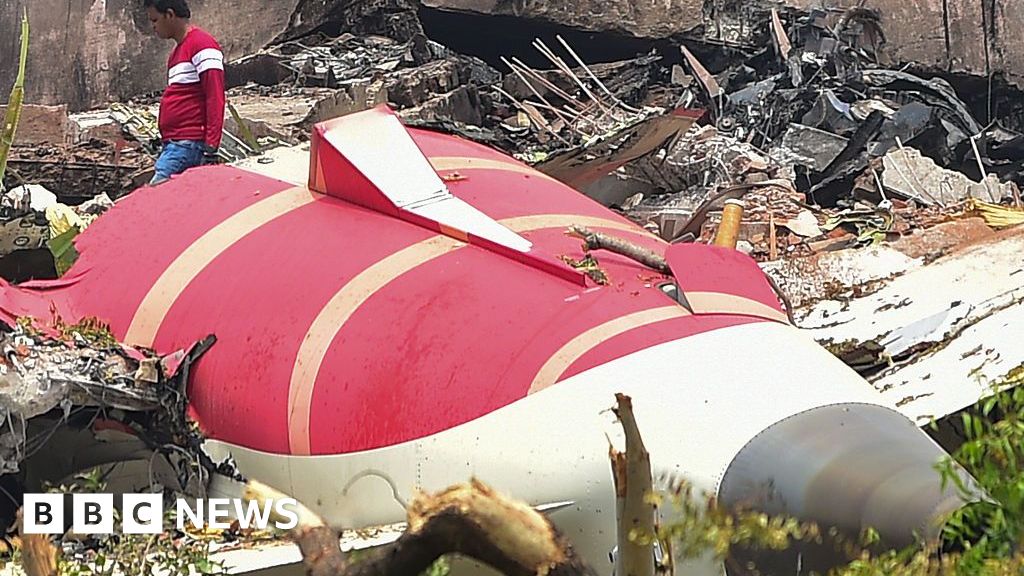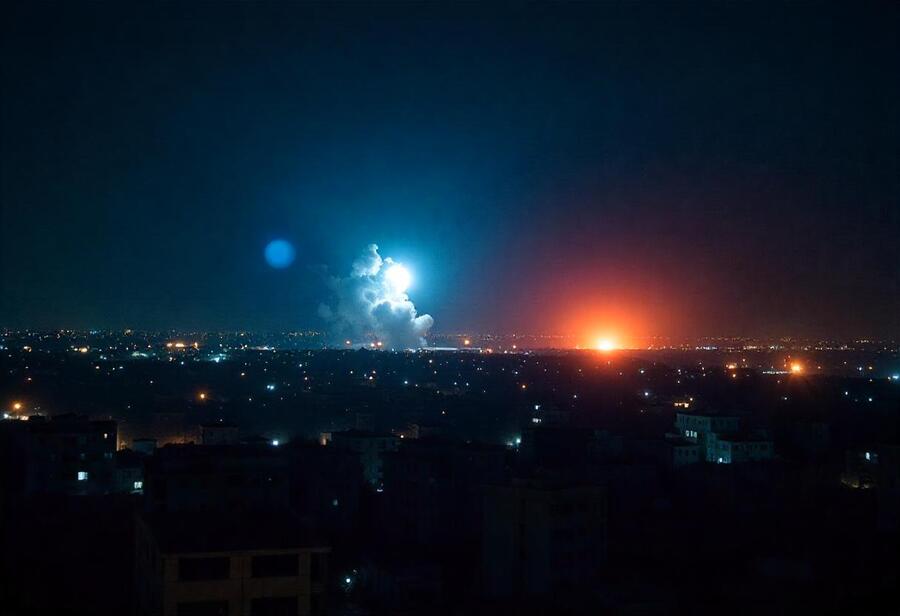Middle East Conflict's Impact on Global Travel

Global travel is currently navigating an unprecedented period of uncertainty and disruption, primarily triggered by escalating tensions between the United States and Iran. Following intense U.S. airstrikes on Iranian nuclear sites, a rare worldwide caution has been issued by the U.S. State Department, signaling serious concern and advising travelers to prepare for protests, flight disruptions, and regional unrest. This situation has left tourists from various nations, including Canadians, Australians, Chinese, and Malaysians, either stranded or compelled to cancel their international travel plans, raising the critical question: Is it safe to travel abroad now?
The immediate fallout saw global airlines enter crisis mode. Carriers swiftly began rerouting flights to circumvent Iranian airspace, with some even halting operations to volatile destinations. Flights over the Middle East, including parts of Iraq, Syria, and the Persian Gulf, have been redirected, leading to extended travel times and increased fuel costs. Specifically, flights to and from Israel, Iran, and Lebanon have been suspended or diverted. Additionally, as of June 23, 2025, several countries have temporarily closed their airspace in response to regional developments. These include Qatar, UAE, Bahrain, Kuwait, Saudi Arabia, Lebanon, Jordan, Iran, Iraq, Syria, and Israel. Major airlines such as Emirates, Qatar Airways, Etihad Airways, Lufthansa, Air France - KLM, United Airlines, Turkish Airlines, and American Airlines are closely monitoring the evolving situation and issuing real-time updates for passengers.
Airport operations in major international hubs like Doha, Dubai, and Istanbul are visibly under pressure. Security measures have been heightened, baggage checks are more stringent, and emergency response drills are quietly taking place. While airports remain operational, authorities are preparing for all contingencies, from mass demonstrations to full airspace closures. Travelers with layovers in these high-alert zones are strongly advised to confirm their flight status well in advance.
The conflict has severely impacted tourism confidence, particularly in destinations already grappling with unrest such as Israel, Iran, Iraq, and Syria. Hotels in Tel Aviv are reporting mass cancellations, and tour operators across the Levant and Gulf regions have suspended excursions. The ripple effect extends to adjacent regions like Jordan, Egypt, and Turkey, where the perception of risk is quickly eroding leisure and business travel. The U.S. State Department's worldwide caution, though not a ban, has prompted Americans to reconsider summer trips to areas previously deemed 'borderline safe,' leading to a sharp decline in U.S. outbound bookings. Insurance providers are also revising coverage terms, with some suspending new policies for conflict-affected areas.
Government actions are further underscoring the gravity of the situation. Earlier in June, the U.S. authorized the departure of non-emergency personnel and families from its embassy in Israel. U.S. citizens in Iran have been advised to leave overland due to airspace closures for many foreign carriers. Governments worldwide are issuing their own alerts, with some deploying emergency teams and preparing evacuation flights, fueling public concern despite official reassurances about the safety of most destinations.
In this turbulent environment, travelers are urged to take proactive steps to protect themselves. This includes consulting the U.S. State Department’s country-specific advisories, enrolling in the Smart Traveler Enrollment Program (STEP) for real-time alerts, knowing the location of the nearest embassy, and carrying emergency contacts. Experts recommend maintaining flexible travel plans, opting for refundable tickets and accommodations with cancellation protection, keeping digital and physical copies of travel documents, and, crucially, having an independent exit strategy that does not solely rely on government assistance.
The travel industry, from major hotel chains like Hilton, IHG, and Radisson to online travel giants like Expedia and Booking.com, is reacting swiftly. Hotels in high-risk zones are increasing security and activating lockdown protocols, while travel agencies are pushing alternative destinations, often with deep discounts, to salvage bookings. The surge in rebooking and cancellation requests has led to extended customer service delays. Global tour operators are refocusing on safer regions such as Europe, Southeast Asia, and the Americas.
This period represents a crucial test for the global travel industry, with billions in revenue at stake. The escalating conflict between Israel, the U.S., and Iran has no clear timeline for resolution, placing summer vacations, business trips, and religious pilgrimages at significant risk. For now, industry leaders are adapting to rapidly changing conditions, hoping diplomacy prevails. The bottom line for travelers is that vigilance is no longer optional but essential for safe passage. Every decision, from researching destinations to having contingency plans, counts as the world watches the conflict unfold, potentially redrawing the global tourism map.








